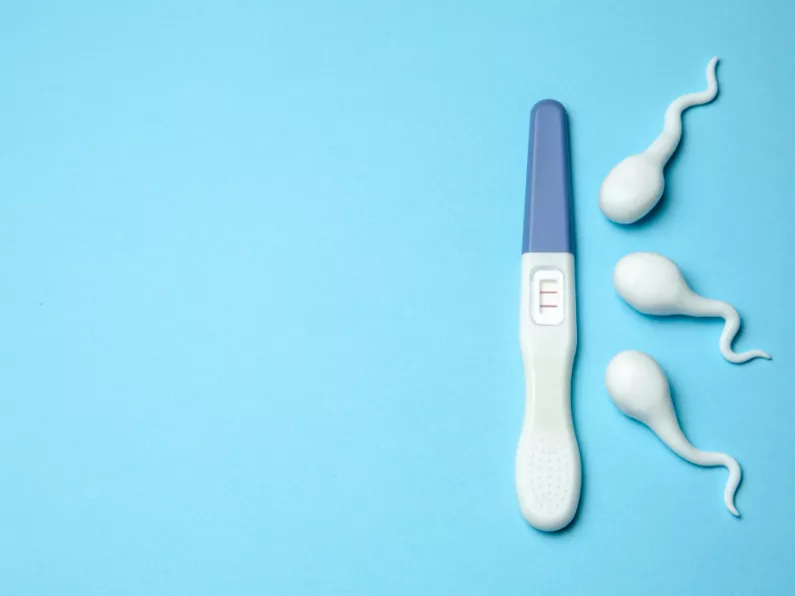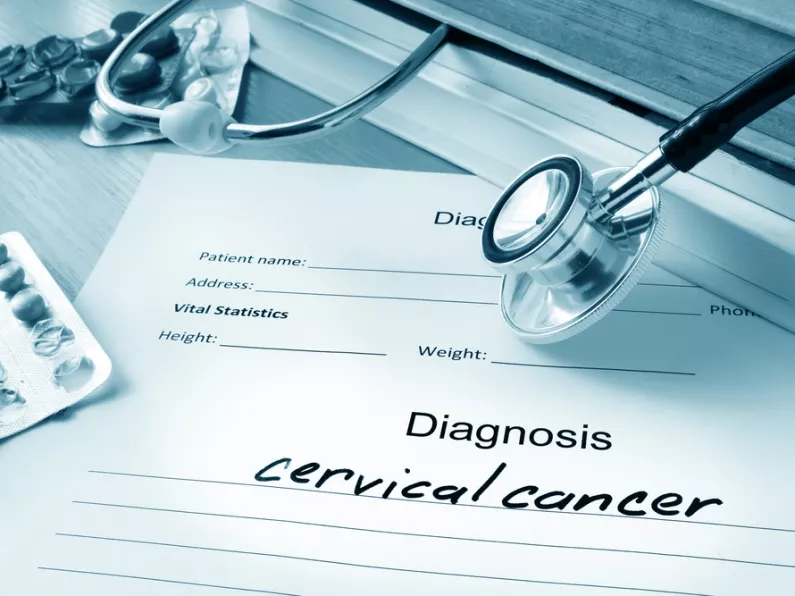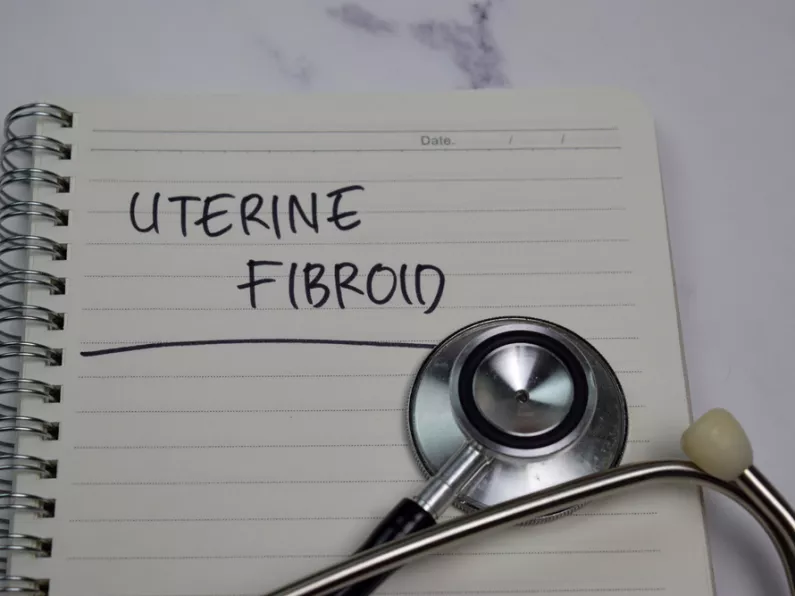It's Fibroid Awareness Month, so here's what you need to know.
Fibroid Awareness Month aims to bring awareness to this common yet under-discussed health issue affecting women.
By the age of 50, around 80% of women will have personally experienced some form of uterine fibroid growth.
The 2013 Global burden of Disease (GBD) study on chronic diseases also found that 171 million women globally were estimated to have chronic fibroid symptoms.
Fibroid Awareness Month: what you need to know
- Uterine fibroids are an extremely common condition in which solid tumors develop in the uterus.
- Fibroids are not cancerous and do not increase the risk for uterine cancer.
- It is not known what causes fibroids, but studies suggest genetics and prolonged exposure to estrogen may increase your risk of developing fibroids.
- Symptoms can include heavy and prolonged periods, bleeding between periods, pressure in the abdomen, and pelvic pain.
- Fibroids are most often found during a routine pelvic exam or incidentally noted on imaging. If treatment is needed, it may include medications or surgery.
Fibroid symptoms
Not all women who have fibroids experience symptoms.
Other women with fibroids experience severe symptoms that interfere with their daily lives.
Common fibroid symptoms include:
- Heavy or prolonged periods
- Bleeding between periods
- Abdominal discomfort and/or fullness
- Pelvic pain
- Lower back pain
- Bladder symptoms, such as frequent urination or difficulty emptying the bladder
- Bowel symptoms, such as constipation or excessive straining with bowel movements.
Women with fibroids can also experience:
- Infertility
- Complications during pregnancy
- Pain during intercourse.
What causes fibroids?
The cause of fibroids is not known.
Research suggests each tumor develops from an abnormal muscle cell in the uterus and multiplies rapidly when encountering the estrogen hormone, which promotes the tumor’s growth.
Who is at risk for fibroids?
Women in their reproductive age are most likely to be affected by fibroids, and black women are disproportionately affected.
Other risk factors may include:
- Family history of fibroids
- Obesity
- Diet high in red meat
- High blood pressure.







